Home>Gardening & Outdoor>Outdoor Structures>What Wood To Use For A Pergola
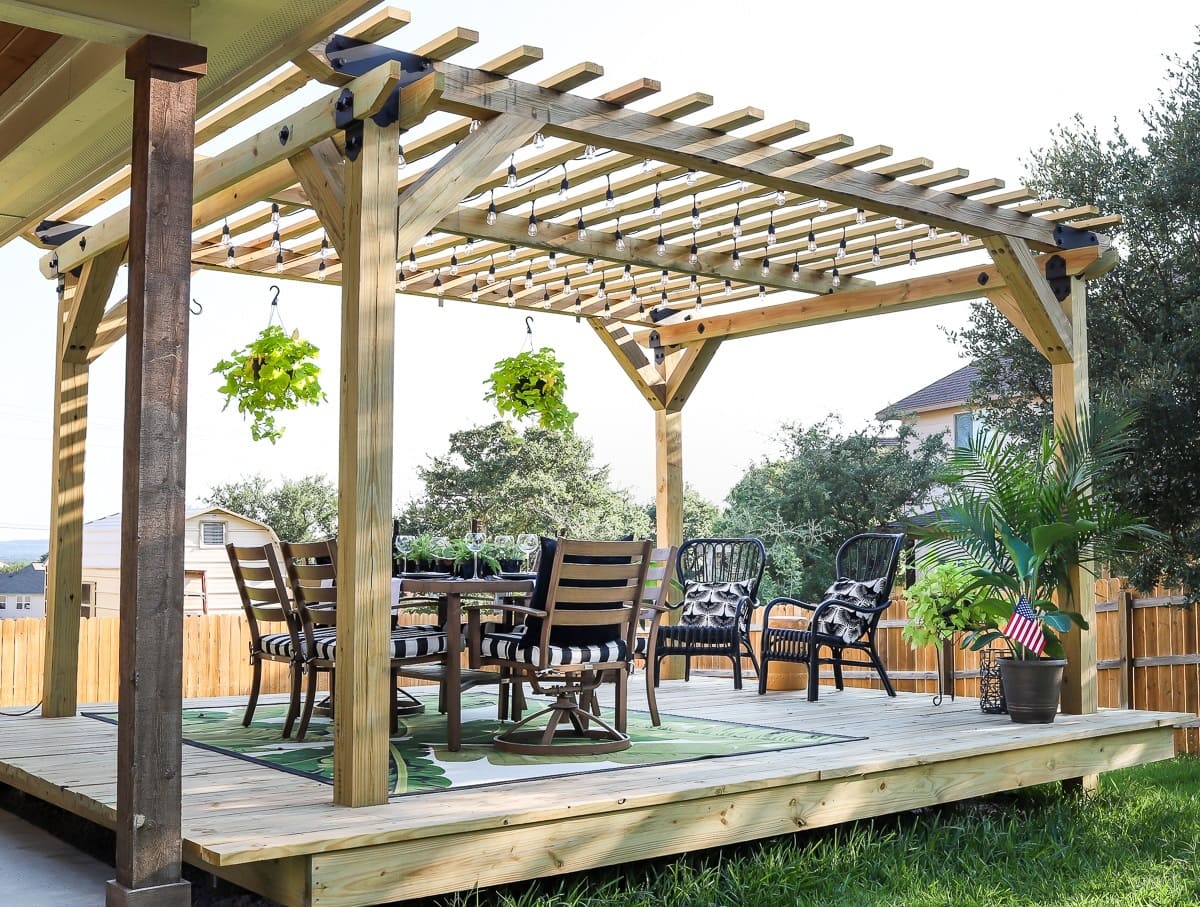

Outdoor Structures
What Wood To Use For A Pergola
Published: January 18, 2024
Discover the best wood options for your pergola and create a stunning outdoor structure. Choose the perfect materials for your outdoor-structures today!
(Many of the links in this article redirect to a specific reviewed product. Your purchase of these products through affiliate links helps to generate commission for Storables.com, at no extra cost. Learn more)
Introduction
When it comes to constructing a pergola, choosing the right type of wood is crucial for ensuring durability, aesthetics, and long-term performance. The wood you select will not only define the structure’s appearance but also determine its ability to withstand the elements and resist decay. Understanding the characteristics, advantages, and considerations of various wood options can empower you to make an informed decision that aligns with your preferences and the environmental conditions of your location.
Let’s delve into the world of pergola woods, exploring the unique qualities of cedar, redwood, pressure-treated pine, and tropical hardwoods. By the end of this guide, you’ll have a comprehensive understanding of the best wood options for your pergola project, enabling you to embark on the construction journey with confidence and clarity.
Key Takeaways:
- Choose cedar or redwood for a timeless and durable pergola with natural resistance to decay. Both woods require maintenance but offer classic elegance and long-term durability.
- Opt for pressure-treated pine for a budget-friendly and versatile pergola option with commendable resistance to decay. Consider tropical hardwoods for a luxurious and enduring pergola, prioritizing durability and sophistication.
Read more: What Wood To Use For Decking
Cedar
Cedar is a popular choice for pergolas due to its natural beauty, exceptional durability, and resistance to decay. Western Red Cedar, in particular, is highly favored for outdoor structures, thanks to its stunning reddish-brown hue and distinct grain patterns that add an elegant touch to any outdoor space.
One of the most notable advantages of cedar is its natural resistance to rot, decay, and insect infestation. This is attributed to the presence of natural oils and compounds within the wood, making it well-suited for withstanding the rigors of outdoor exposure. Additionally, cedar possesses a low density, which allows it to remain relatively lightweight while still exhibiting impressive strength and stability.
Another appealing feature of cedar is its workability. It is easy to cut, shape, and install, making it a preferred choice for DIY enthusiasts and professional builders alike. Whether you prefer a natural finish or plan to stain or paint the wood, cedar readily accepts a variety of finishes, allowing you to customize the appearance of your pergola to suit your aesthetic vision.
While cedar boasts numerous benefits, it’s essential to consider its maintenance requirements. Without proper care and maintenance, cedar can weather and develop a silvery-gray patina over time. To preserve its original color and structural integrity, periodic sealing, staining, or painting is recommended. However, some homeowners appreciate the weathered look that cedar develops, embracing it as part of the wood’s natural aging process.
When considering cedar for your pergola, it’s important to weigh the initial investment against its long-term benefits. While cedar may have a higher upfront cost compared to some other wood options, its longevity and timeless appeal make it a worthwhile investment for those seeking a durable and visually captivating pergola.
Redwood
Redwood stands as a premier choice for crafting pergolas, revered for its rich color, natural resistance to decay, and overall sturdiness. With its striking reddish-brown hue and intricate grain patterns, redwood exudes a timeless elegance that can elevate any outdoor space, from quaint backyard retreats to expansive garden settings.
One of the most compelling features of redwood is its innate resistance to rot, decay, and insect damage. This resistance is attributed to the high levels of tannins and natural oils present in the wood, which act as formidable barriers against environmental stressors. As a result, redwood pergolas are well-equipped to withstand the elements, making them a durable and long-lasting addition to any outdoor landscape.
Furthermore, redwood is renowned for its dimensional stability, meaning it is less prone to warping, shrinking, or swelling when exposed to moisture and temperature variations. This quality is particularly advantageous for outdoor structures, as it ensures that the pergola maintains its structural integrity and aesthetic appeal over time.
In addition to its natural durability, redwood is relatively lightweight, making it easier to handle and install compared to heavier hardwoods. Its workability is another notable advantage, as redwood is amenable to cutting, shaping, and finishing, allowing for seamless customization and tailored design elements.
While redwood is celebrated for its resilience, it is important to acknowledge its maintenance needs. To preserve its luster and protect it from weathering, periodic sealing, staining, or painting is recommended. Alternatively, some homeowners embrace the gradual silvering of redwood as it ages, considering it a charming aspect of the wood’s natural evolution.
When contemplating redwood for your pergola project, it’s essential to recognize its initial investment in relation to its long-term benefits. While redwood may entail a higher upfront cost, its enduring beauty, structural robustness, and minimal maintenance requirements position it as a worthwhile investment for those seeking a sophisticated and enduring outdoor structure.
When choosing wood for a pergola, consider using durable and weather-resistant options such as cedar, redwood, or pressure-treated pine. These woods are less prone to rot and decay, making them ideal for outdoor structures.
Pressure-Treated Pine
Pressure-treated pine is a popular and cost-effective option for constructing pergolas, offering a balance of affordability, versatility, and resistance to decay. This type of pine undergoes a treatment process in which preservatives are infused into the wood under pressure, enhancing its ability to withstand environmental stressors and prolonging its lifespan.
One of the primary advantages of pressure-treated pine is its affordability, making it an appealing choice for budget-conscious homeowners and builders. Despite its economical price point, pressure-treated pine exhibits commendable resistance to rot, decay, and insect damage, rendering it suitable for outdoor applications where exposure to moisture and insects is a concern.
Another benefit of pressure-treated pine is its versatility. It can be easily cut, shaped, and assembled, allowing for various design possibilities and customization options. Whether you prefer a natural wood finish, a stained look, or a painted surface, pressure-treated pine readily accepts a range of finishes, enabling you to achieve your desired aesthetic for the pergola.
It’s important to note that while pressure-treated pine offers enhanced durability compared to untreated pine, it still requires regular maintenance to prolong its lifespan. Periodic sealing and staining are recommended to protect the wood from weathering and maintain its appearance. Additionally, the use of galvanized or stainless-steel hardware is advisable to prevent corrosion and ensure the structural integrity of the pergola.
When considering pressure-treated pine for your pergola project, it’s essential to evaluate its cost-effectiveness and low maintenance requirements in relation to its longevity. While it may not possess the natural resistance and premium aesthetics of cedar or redwood, pressure-treated pine presents a practical and budget-friendly option for those seeking a durable and customizable pergola solution.
Tropical Hardwoods
Tropical hardwoods, such as teak, ipe, and mahogany, are esteemed for their unparalleled strength, natural beauty, and exceptional resistance to decay and insects. These exotic woods are revered for their durability and luxurious aesthetic, making them sought-after choices for crafting pergolas that exude sophistication and enduring charm.
One of the most notable features of tropical hardwoods is their remarkable density and hardness, which contribute to their exceptional durability and longevity. These woods are naturally imbued with oils and resins that act as formidable barriers against decay, rot, and insect infestation, making them well-suited for outdoor applications in diverse climates.
Furthermore, tropical hardwoods boast striking natural hues, from deep reddish-browns to rich golden tones, along with intricate grain patterns that add an air of opulence to any outdoor setting. The inherent beauty of these woods is further enhanced by their ability to age gracefully, developing a distinguished silver patina over time, which is highly prized by many homeowners.
While tropical hardwoods are renowned for their resilience and visual allure, it’s important to consider their maintenance requirements. Due to their density, these woods can be more challenging to cut and shape, necessitating specialized tools and expertise for installation. Additionally, periodic sealing and maintenance are recommended to preserve the woods’ original color and protect them from weathering.
When contemplating tropical hardwoods for your pergola project, it’s essential to recognize their premium qualities and longevity in relation to their initial investment. While tropical hardwoods may entail a higher upfront cost compared to other wood options, their unparalleled durability, timeless elegance, and minimal maintenance needs position them as a luxurious and enduring choice for those seeking a pergola of exceptional quality and beauty.
Read more: What Is A Pergola For?
Conclusion
Choosing the right wood for your pergola is a decision that encompasses a blend of practical considerations and aesthetic preferences. Each wood option, from cedar and redwood to pressure-treated pine and tropical hardwoods, offers distinct advantages and characteristics that cater to different needs and desires.
Cedar and redwood stand out for their natural resistance to decay, stunning aesthetics, and overall durability. While cedar exudes a timeless charm and is relatively lightweight, redwood captivates with its exceptional dimensional stability and rich, reddish-brown tones. Both woods require periodic maintenance to preserve their beauty and structural integrity, making them ideal for homeowners who value classic elegance and are willing to invest in long-term durability.
Pressure-treated pine, on the other hand, presents a practical and budget-friendly option, combining affordability with commendable resistance to decay and versatility in design. While it may not possess the premium aesthetics of cedar or redwood, pressure-treated pine offers a durable and customizable solution for those seeking a cost-effective pergola option.
For those with a penchant for luxury and enduring quality, tropical hardwoods, such as teak, ipe, and mahogany, stand as premier choices. Renowned for their unparalleled strength, opulent aesthetics, and exceptional resistance to decay, these exotic woods elevate outdoor spaces with their timeless beauty and enduring charm. While their initial investment may be higher, tropical hardwoods offer a luxurious and long-lasting solution for homeowners who prioritize durability and sophistication.
Ultimately, the best wood for your pergola hinges on a combination of factors, including your budget, desired aesthetics, local climate, and maintenance preferences. By weighing the unique attributes of each wood option and aligning them with your specific needs and vision, you can make an informed decision that culminates in a stunning, enduring pergola that enriches your outdoor living experience for years to come.
Frequently Asked Questions about What Wood To Use For A Pergola
Was this page helpful?
At Storables.com, we guarantee accurate and reliable information. Our content, validated by Expert Board Contributors, is crafted following stringent Editorial Policies. We're committed to providing you with well-researched, expert-backed insights for all your informational needs.
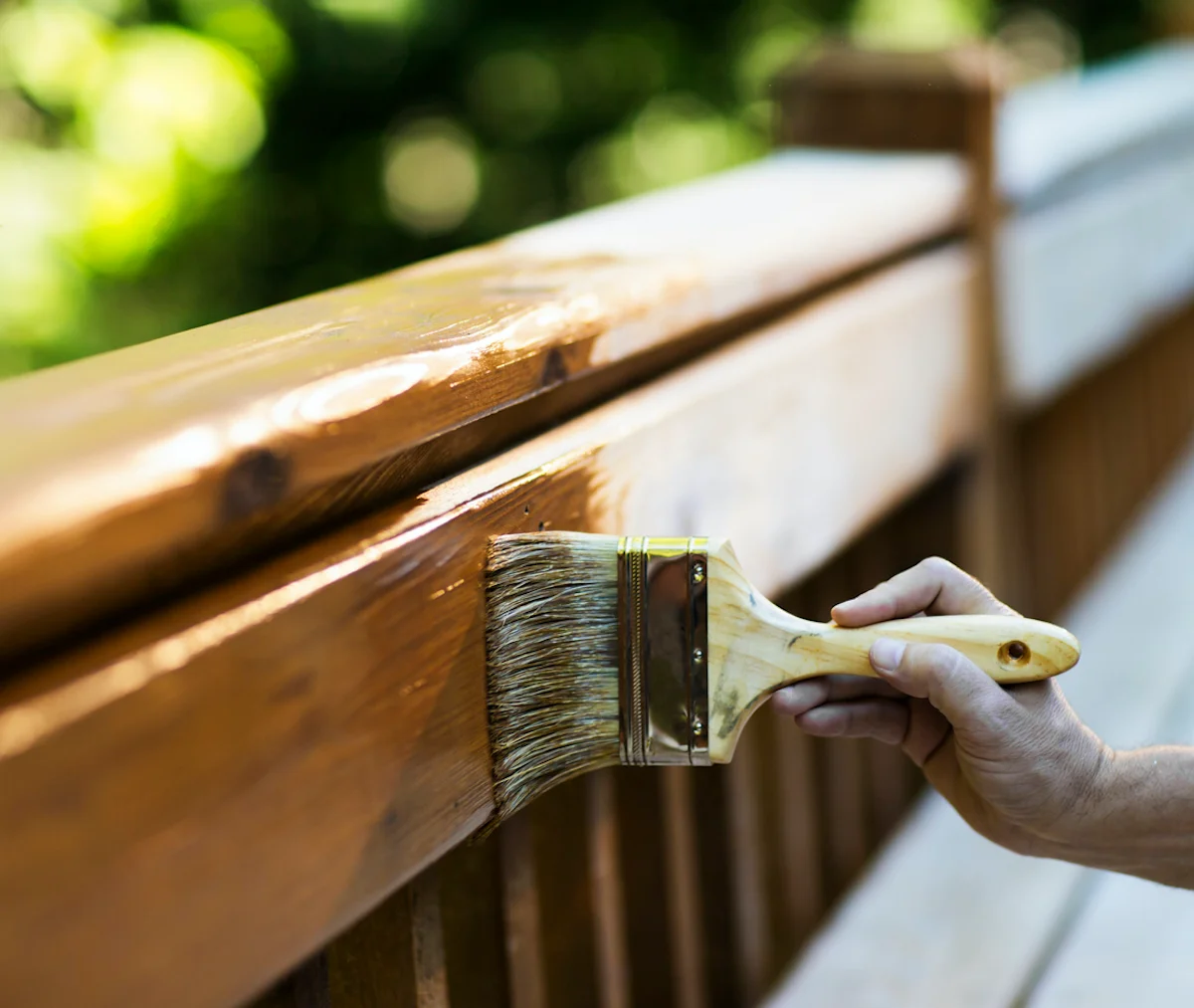
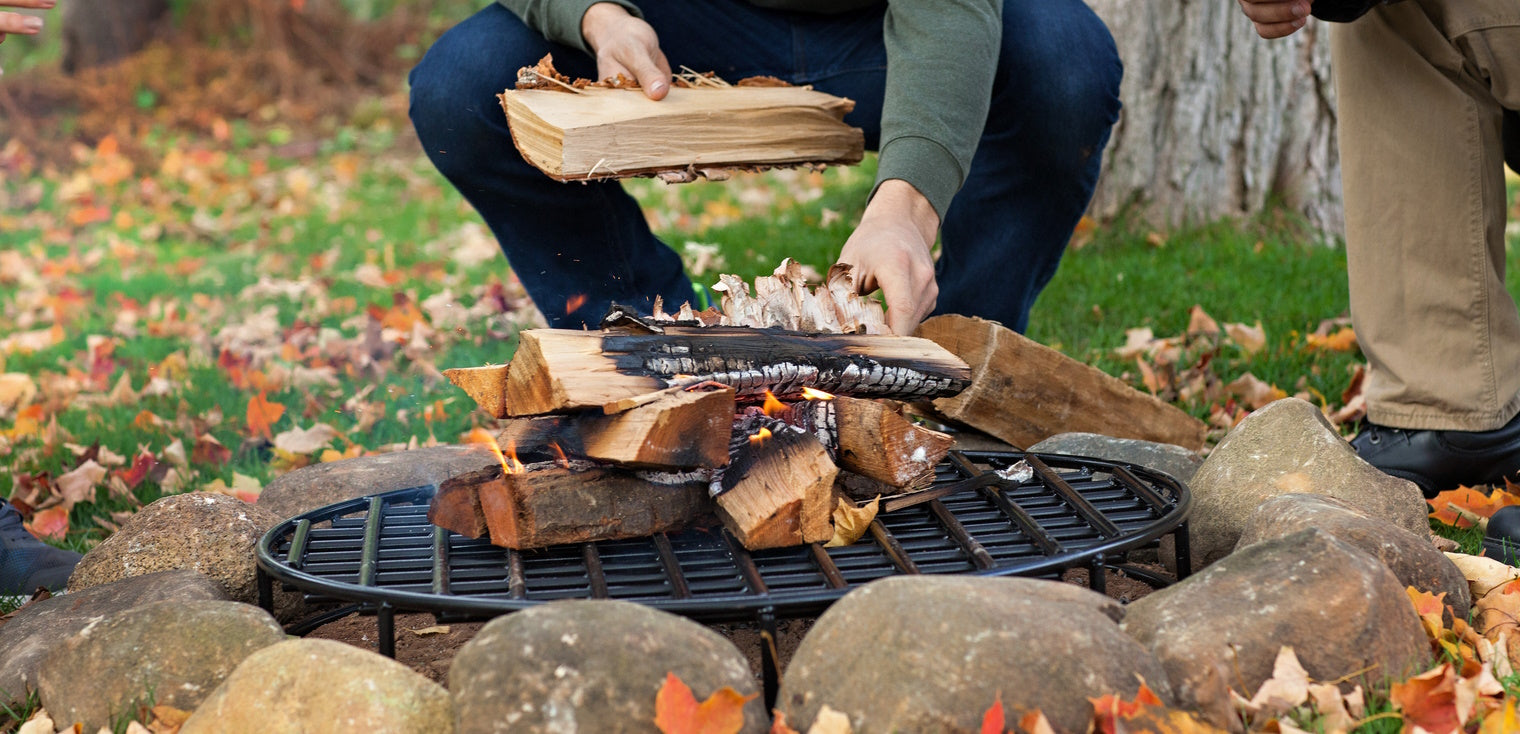
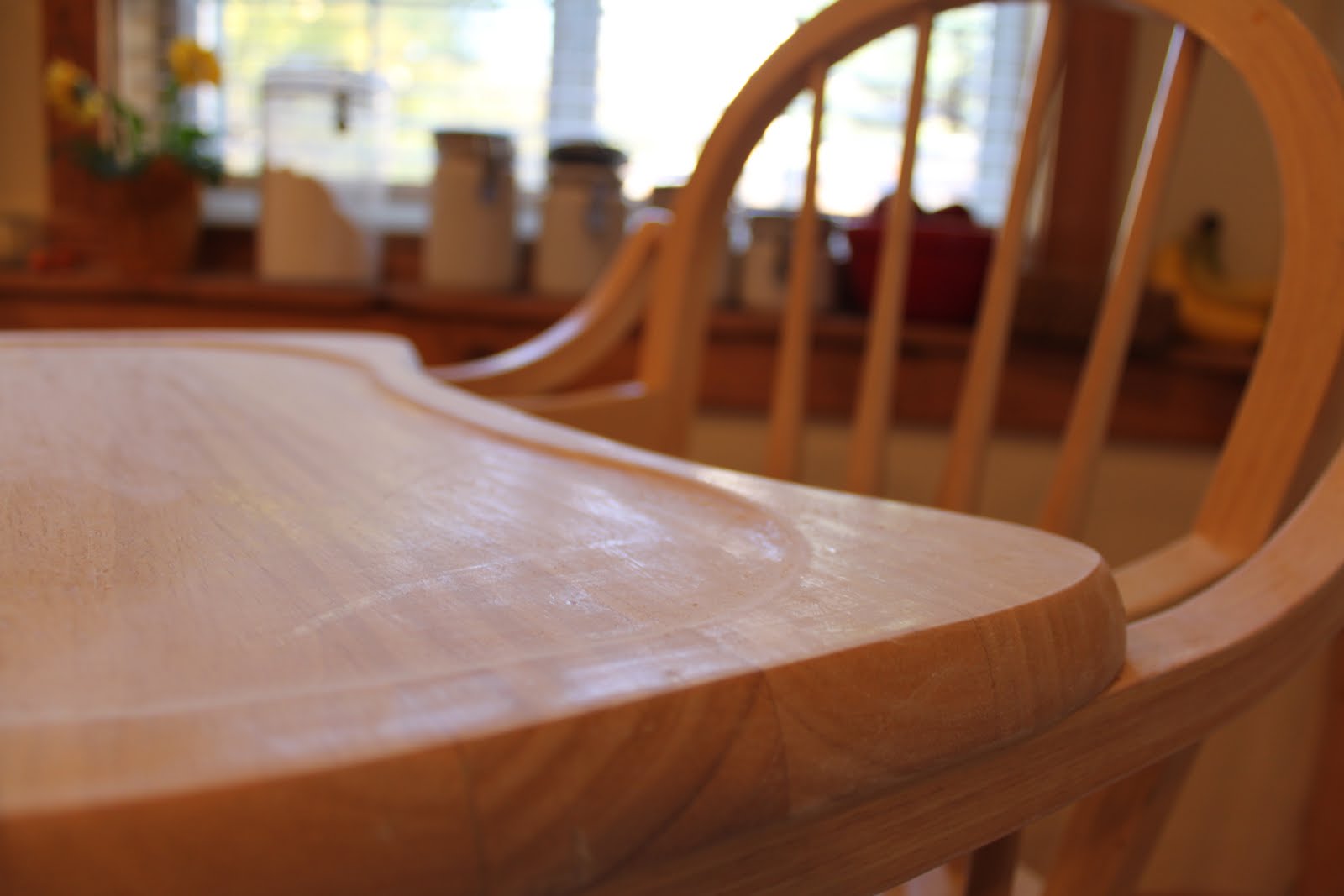
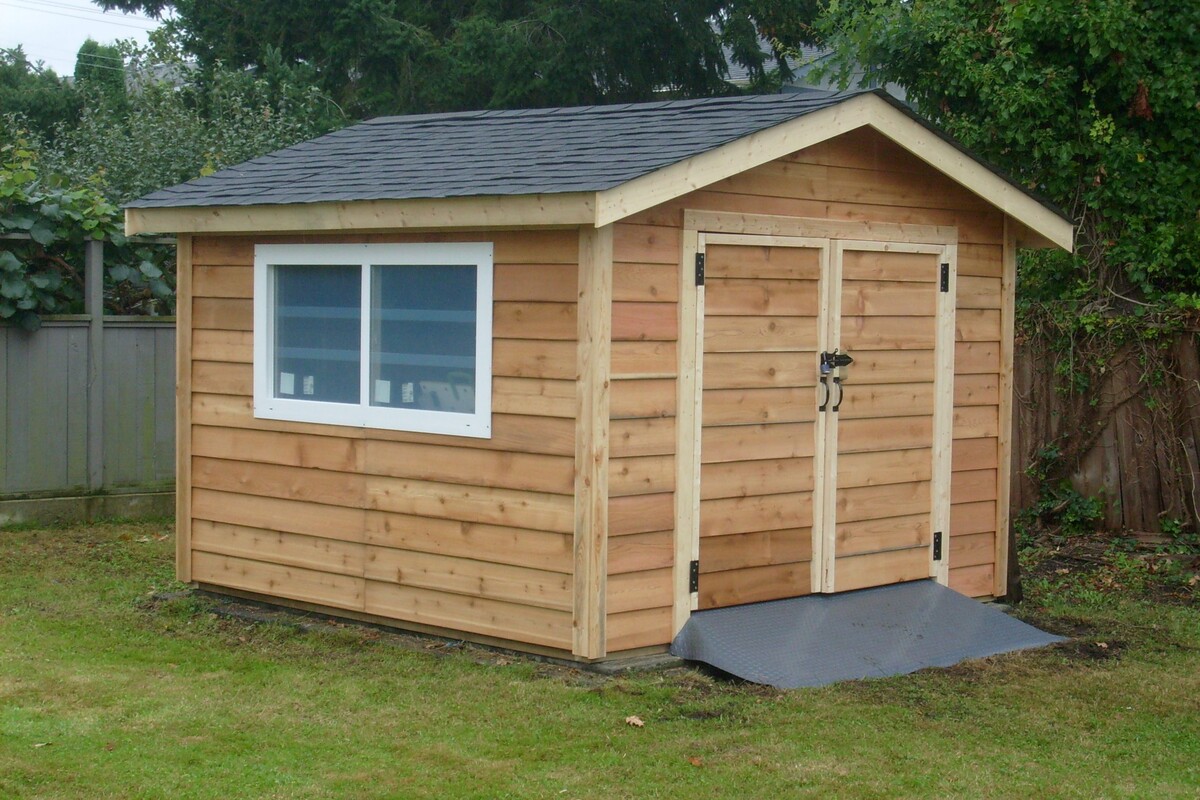
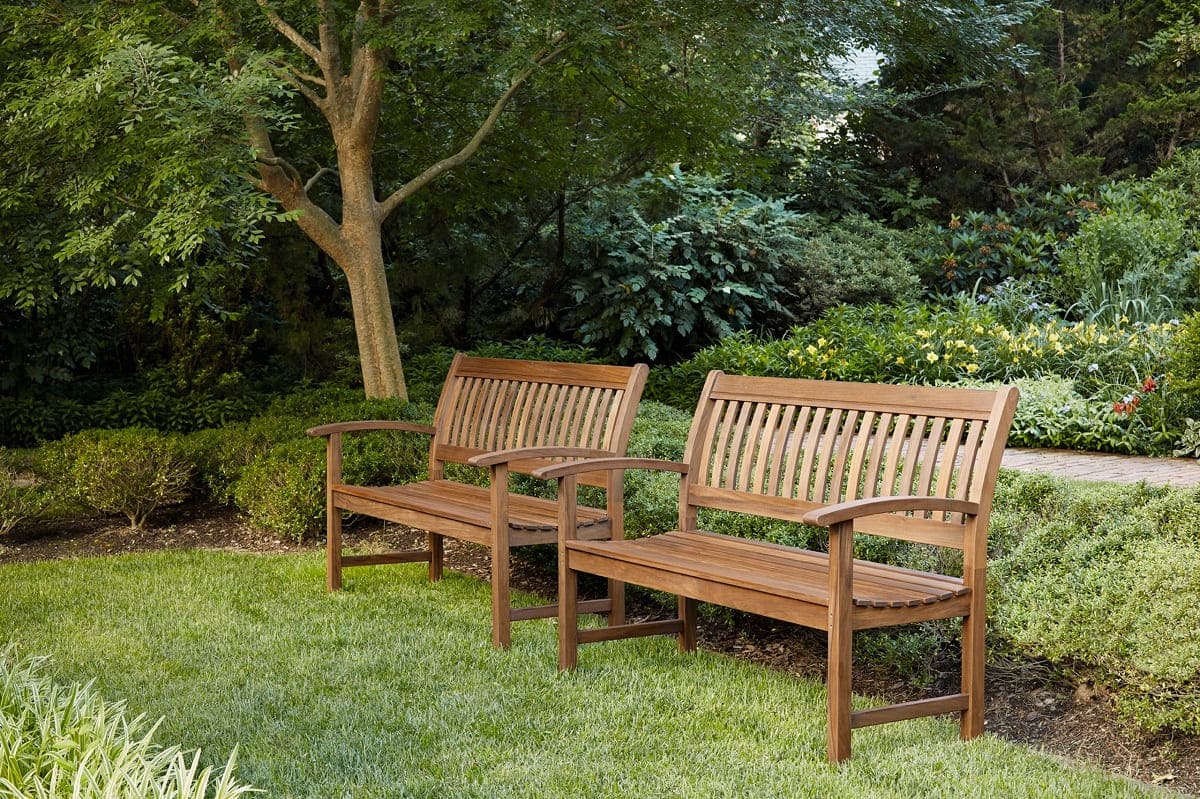
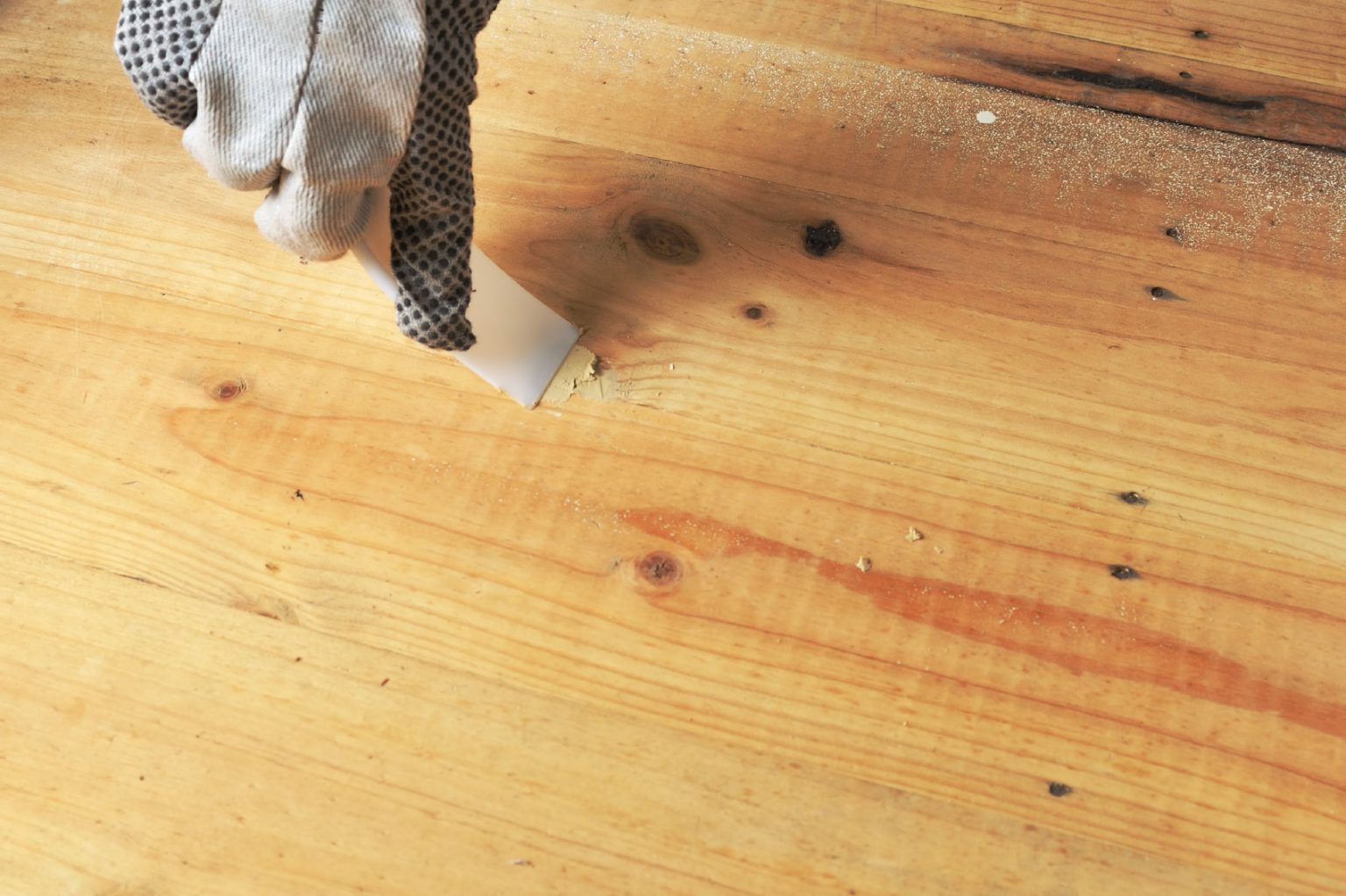
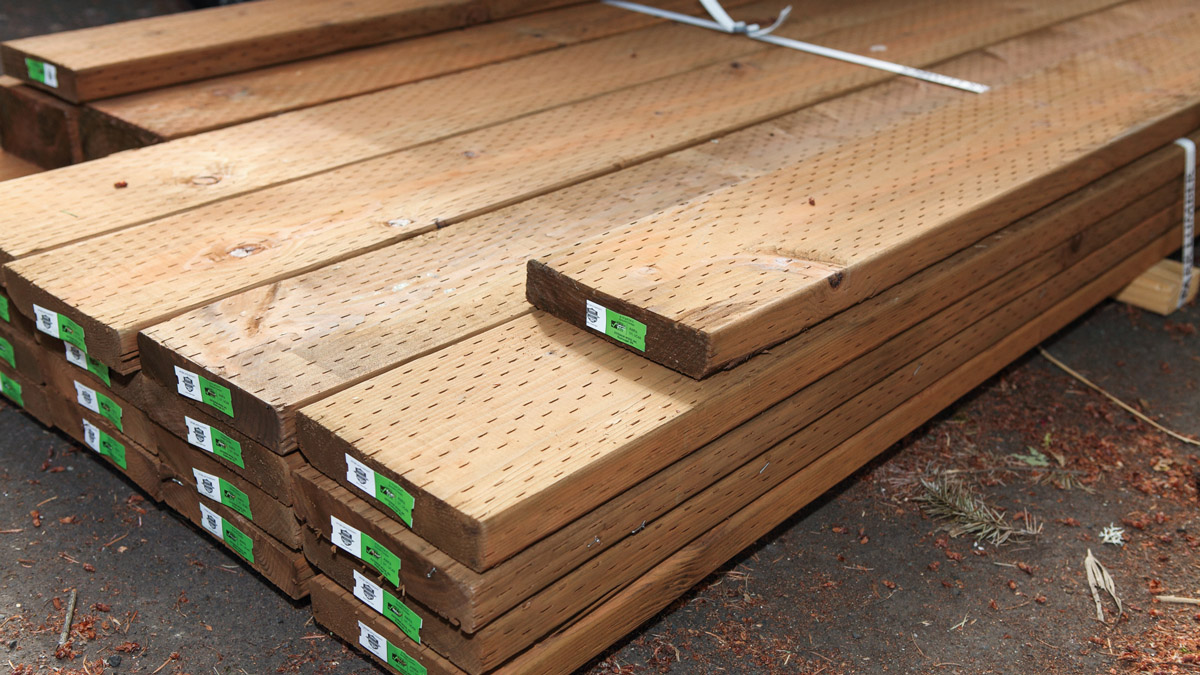
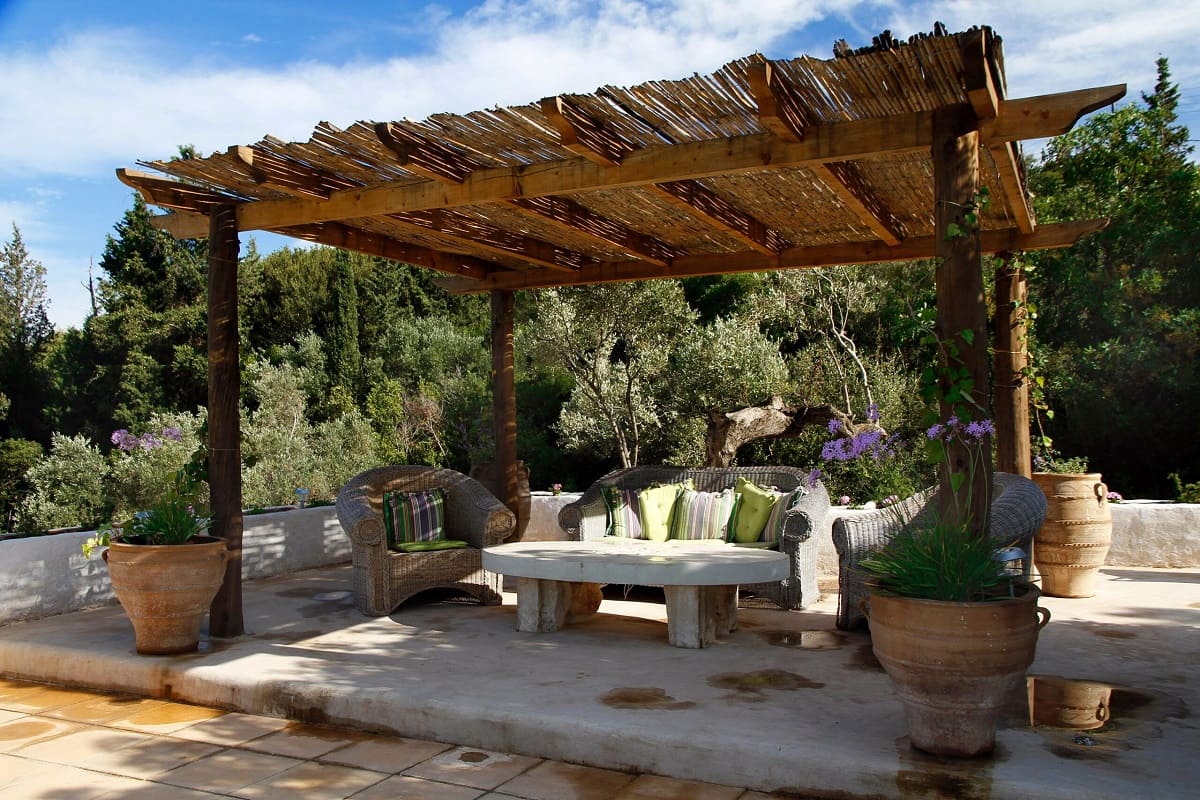
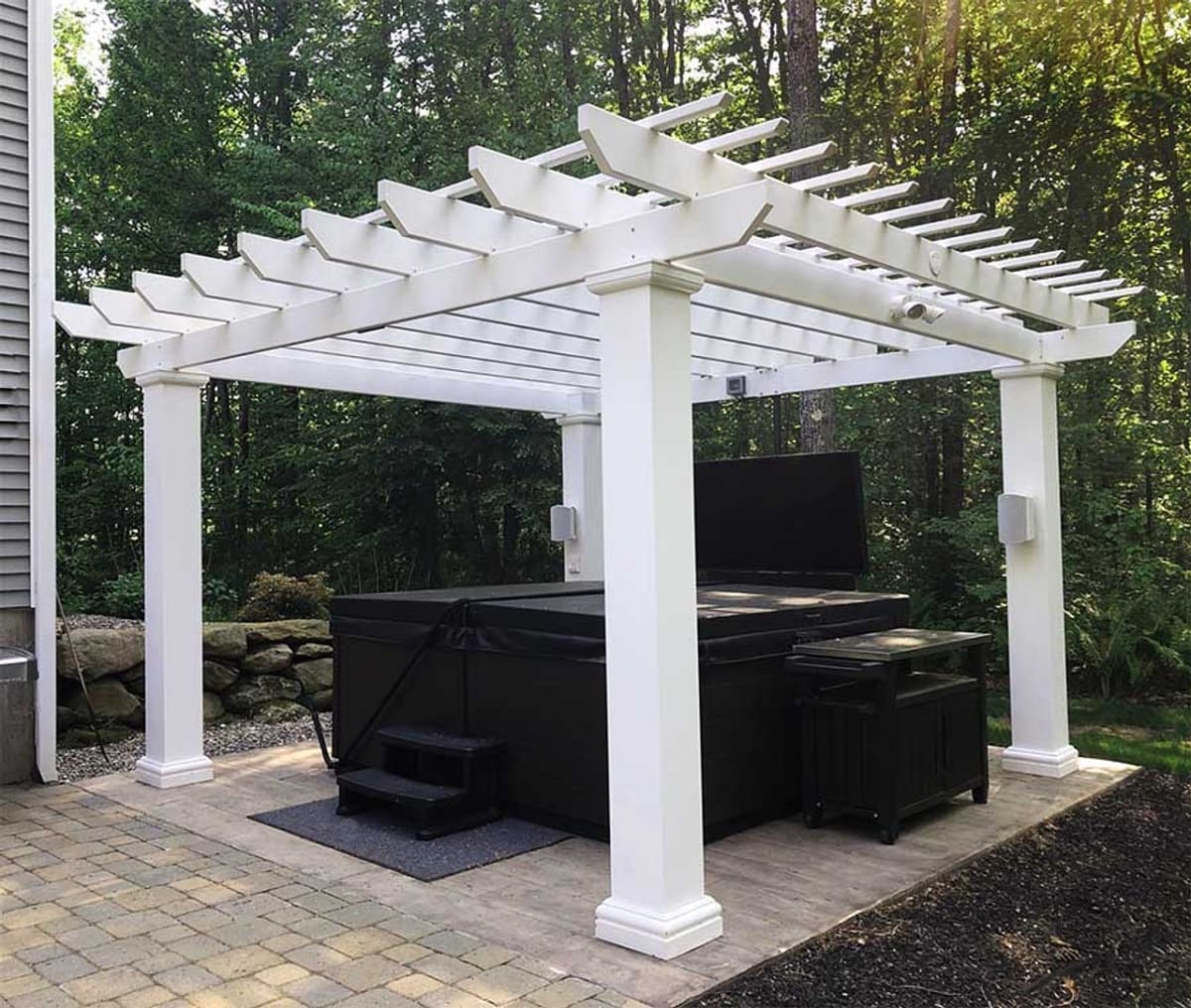
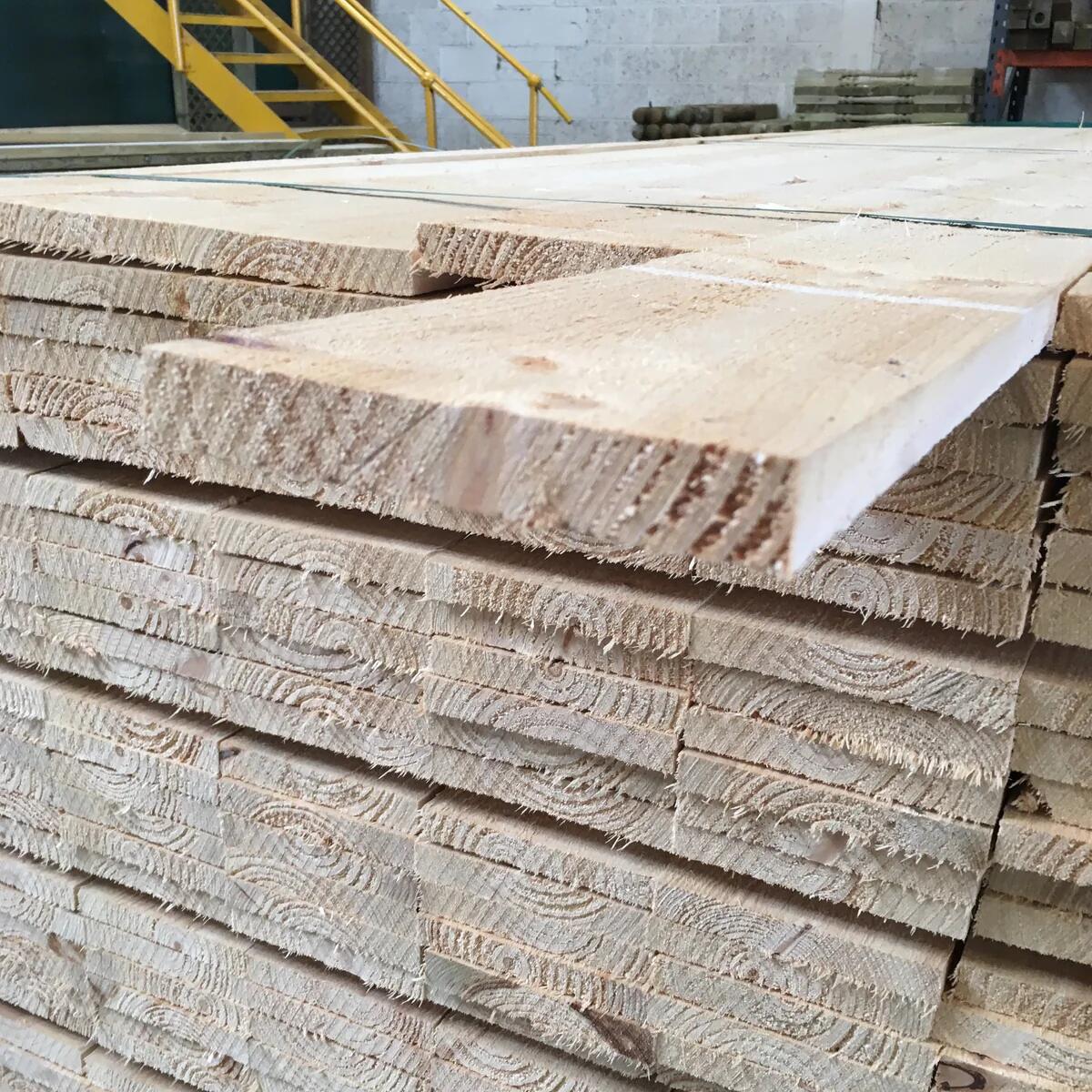
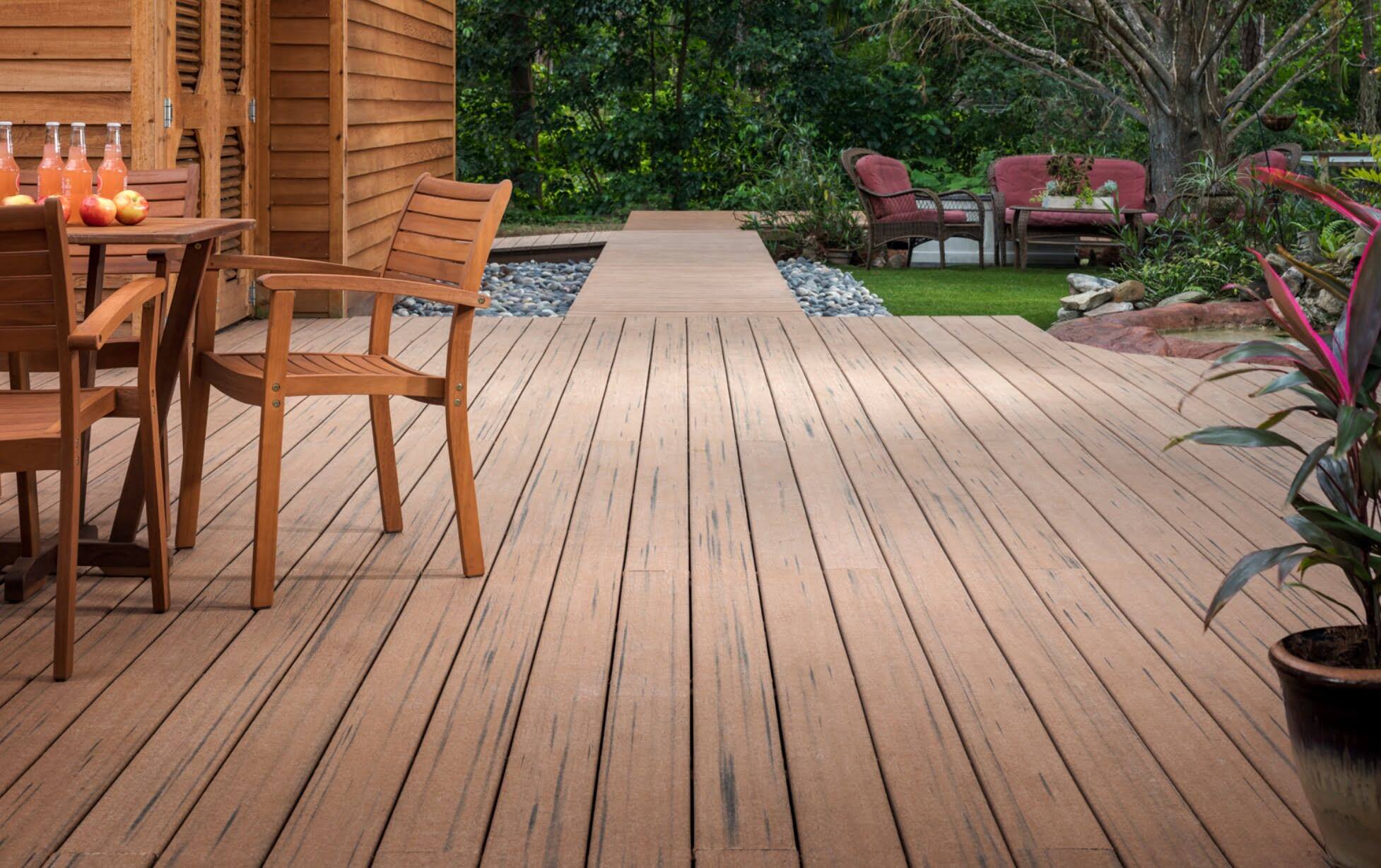
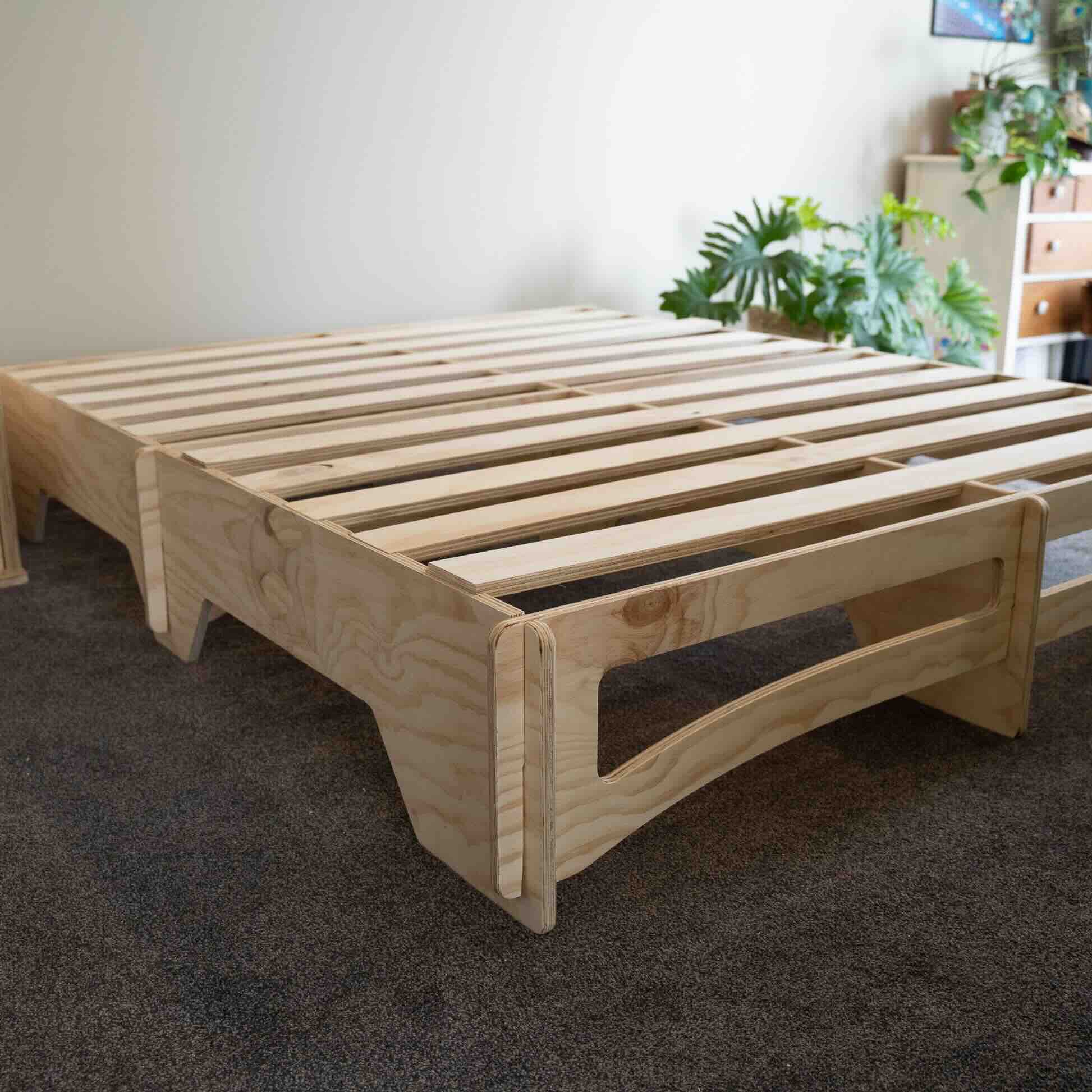
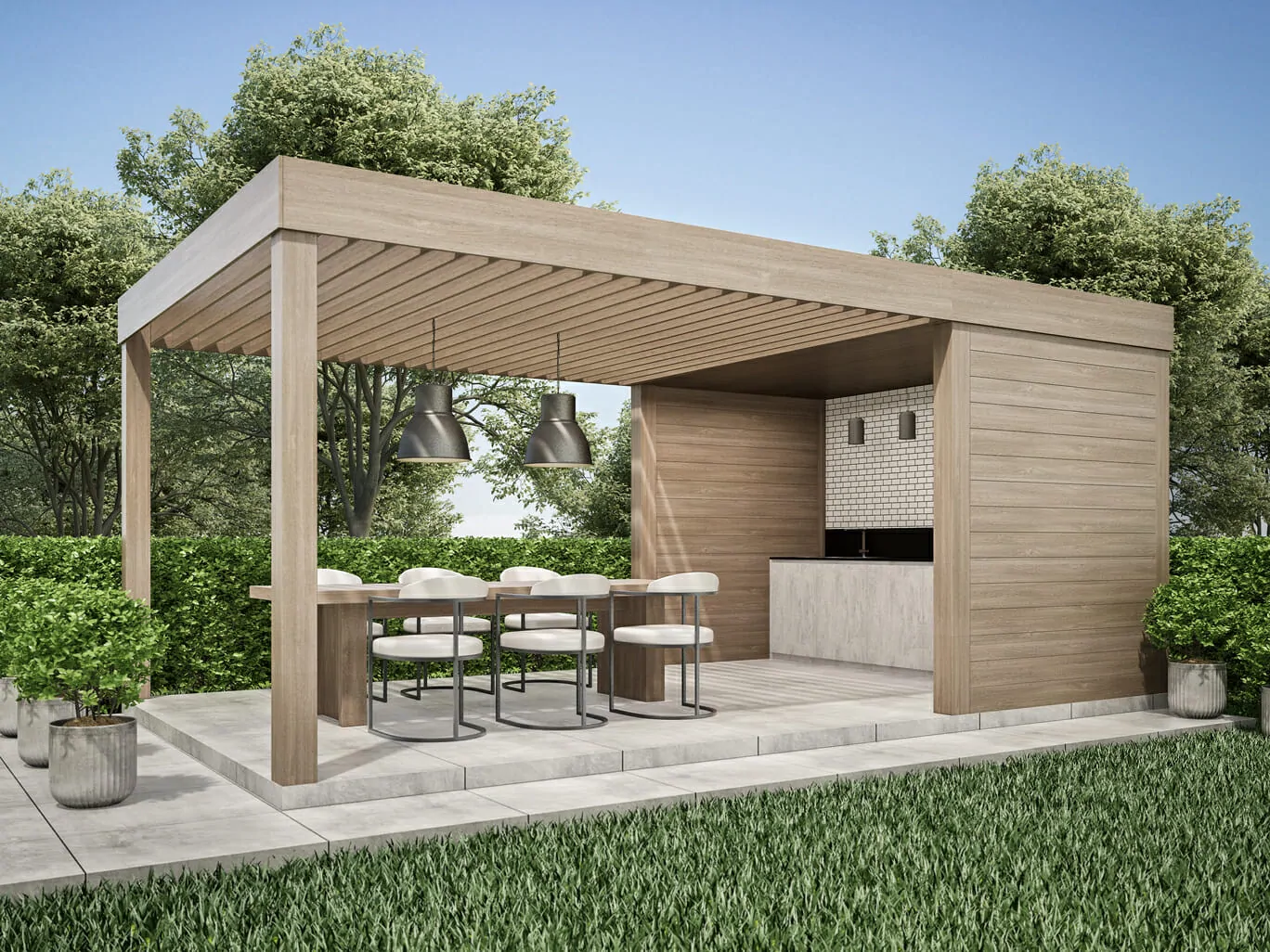
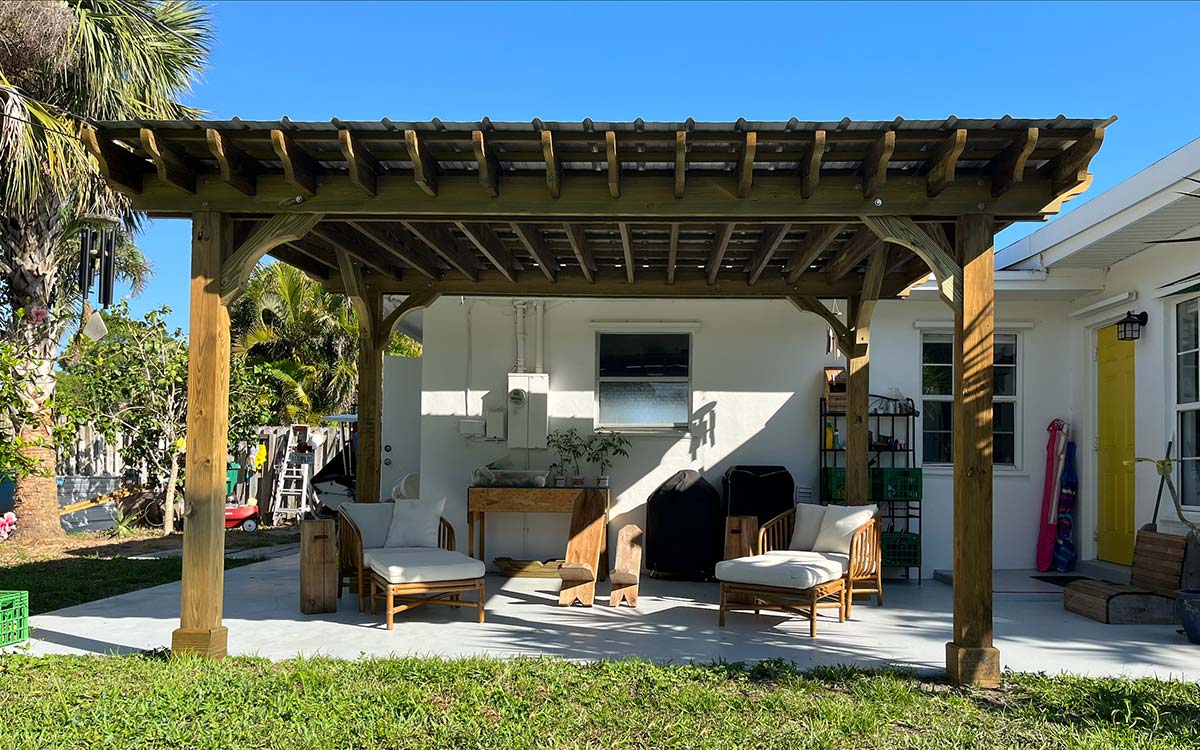

0 thoughts on “What Wood To Use For A Pergola”